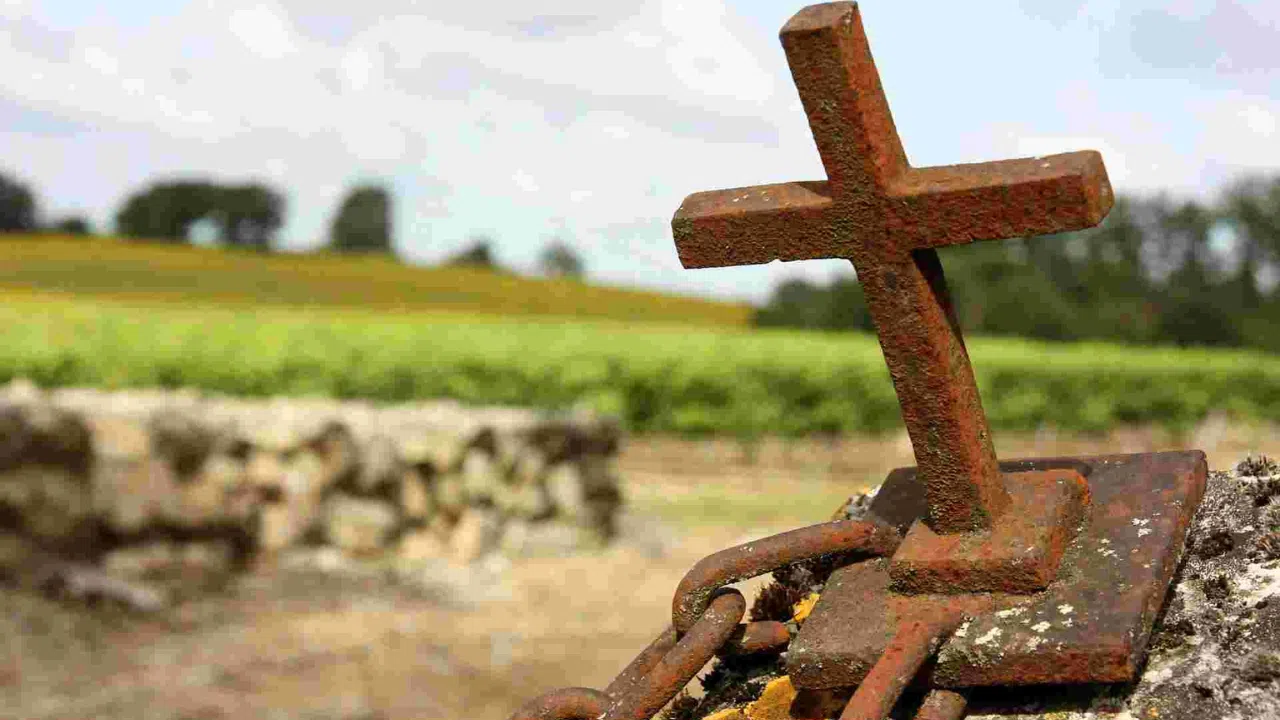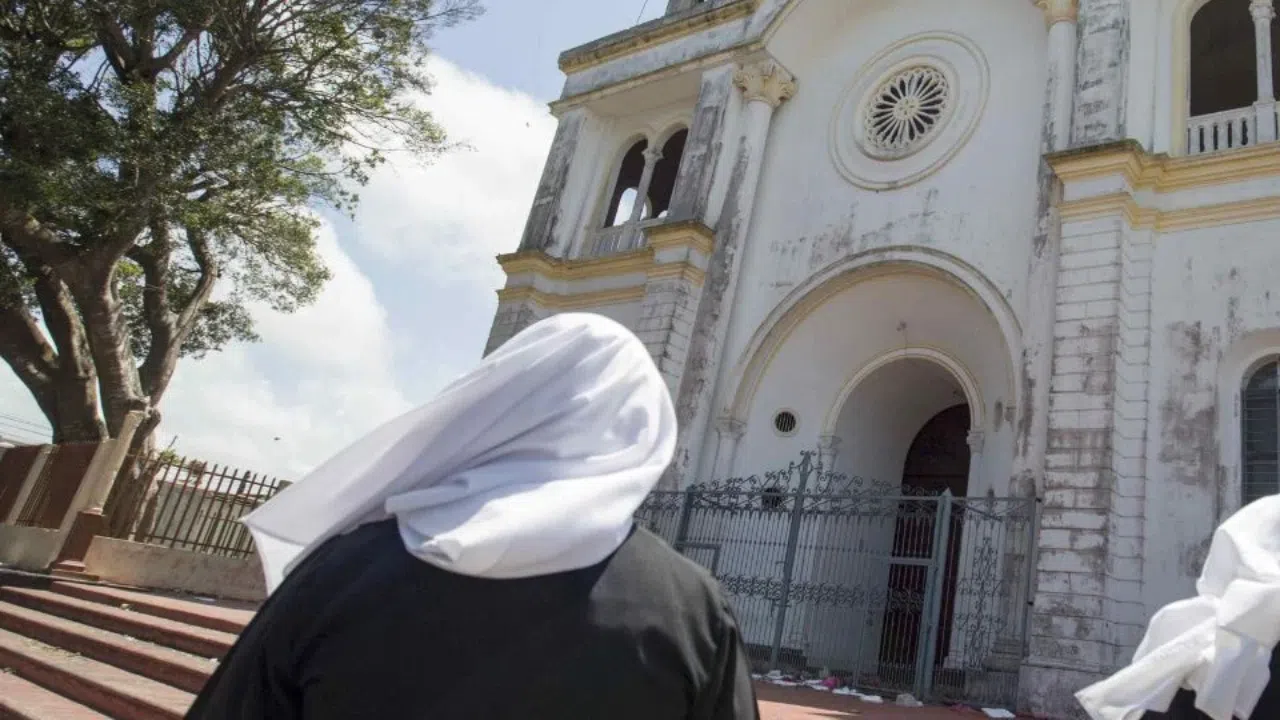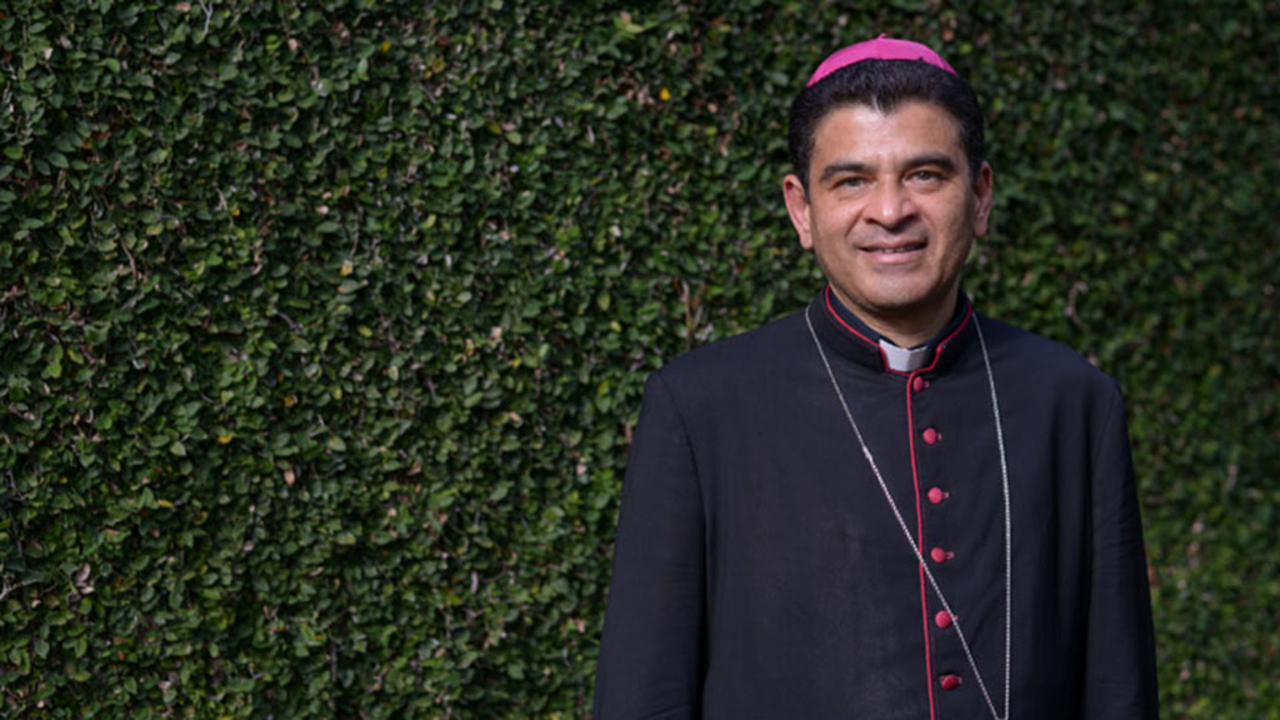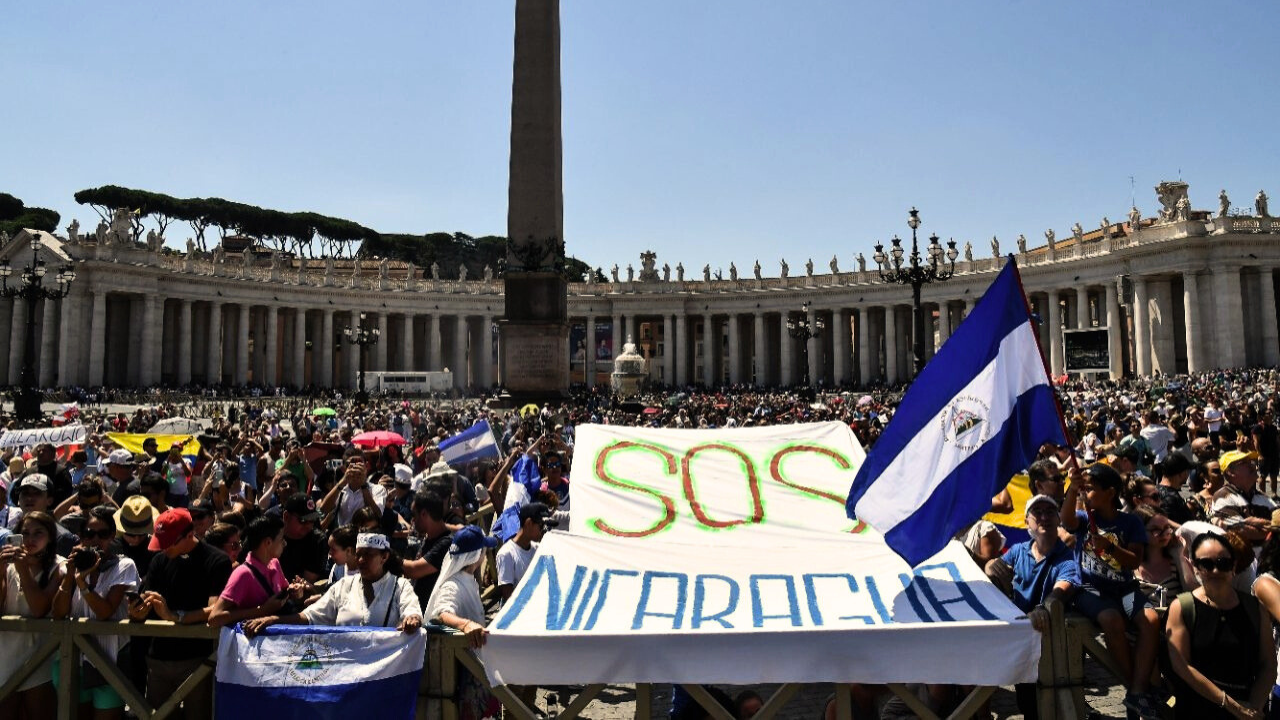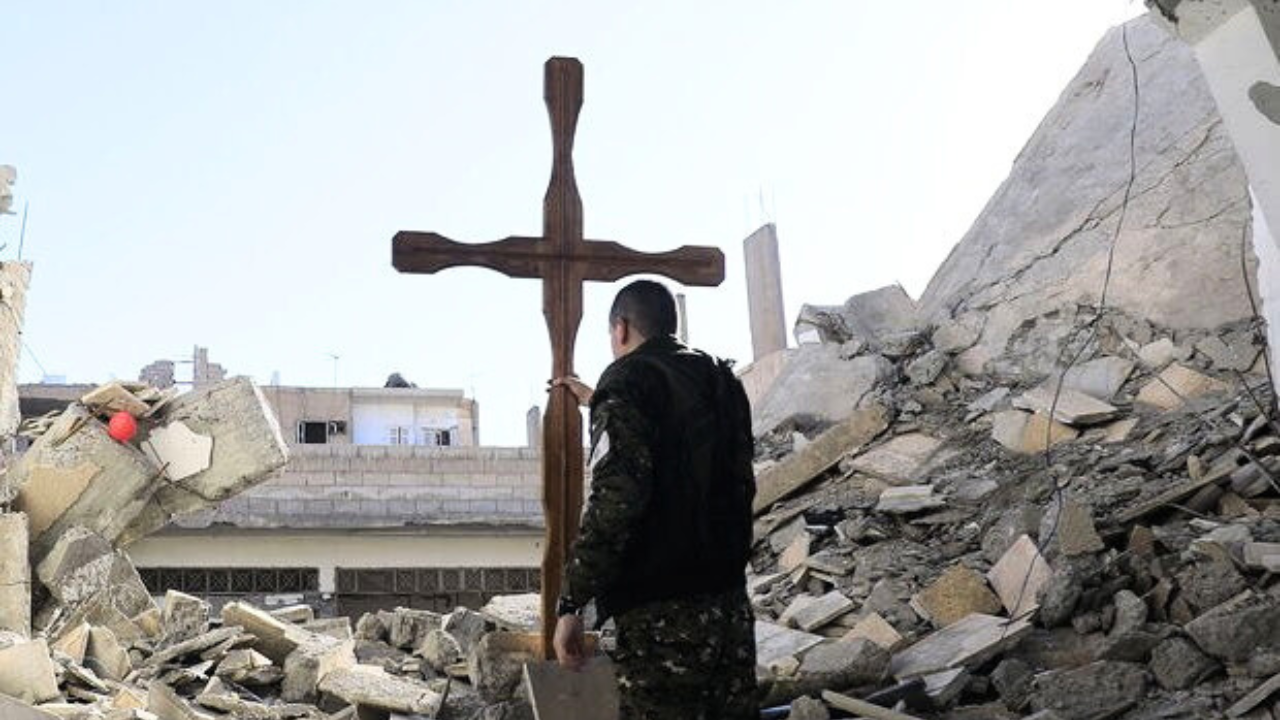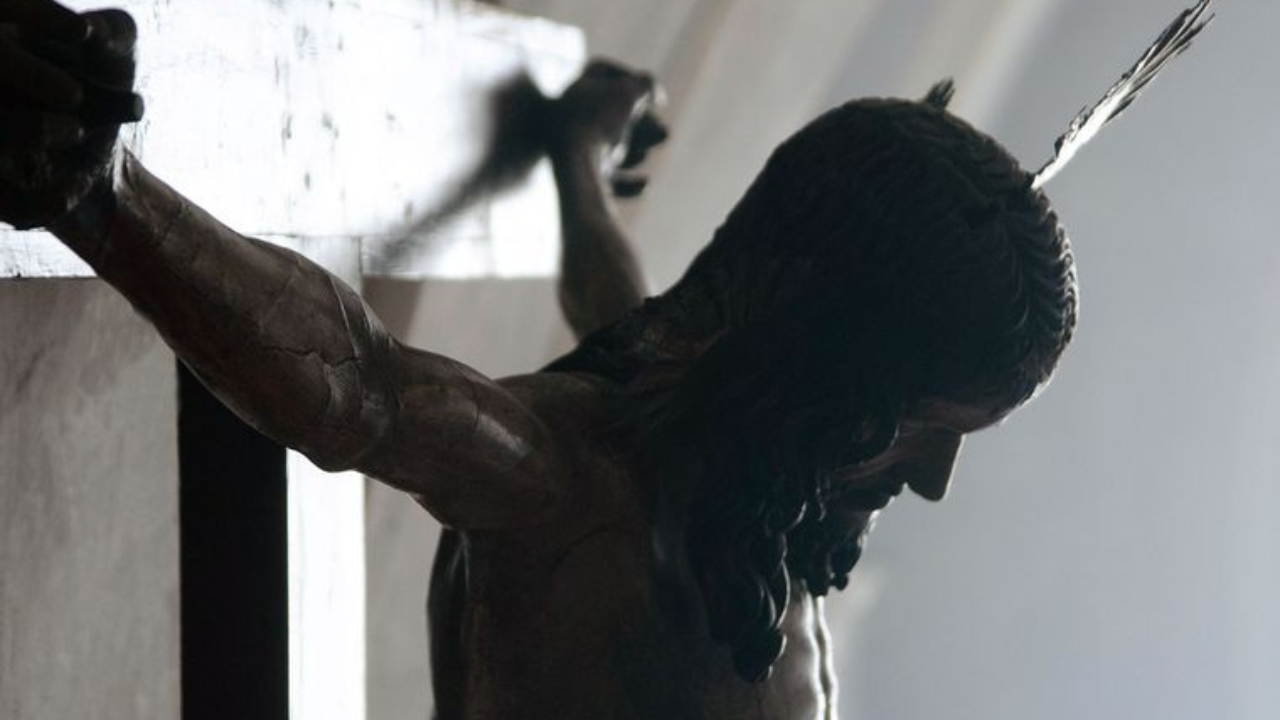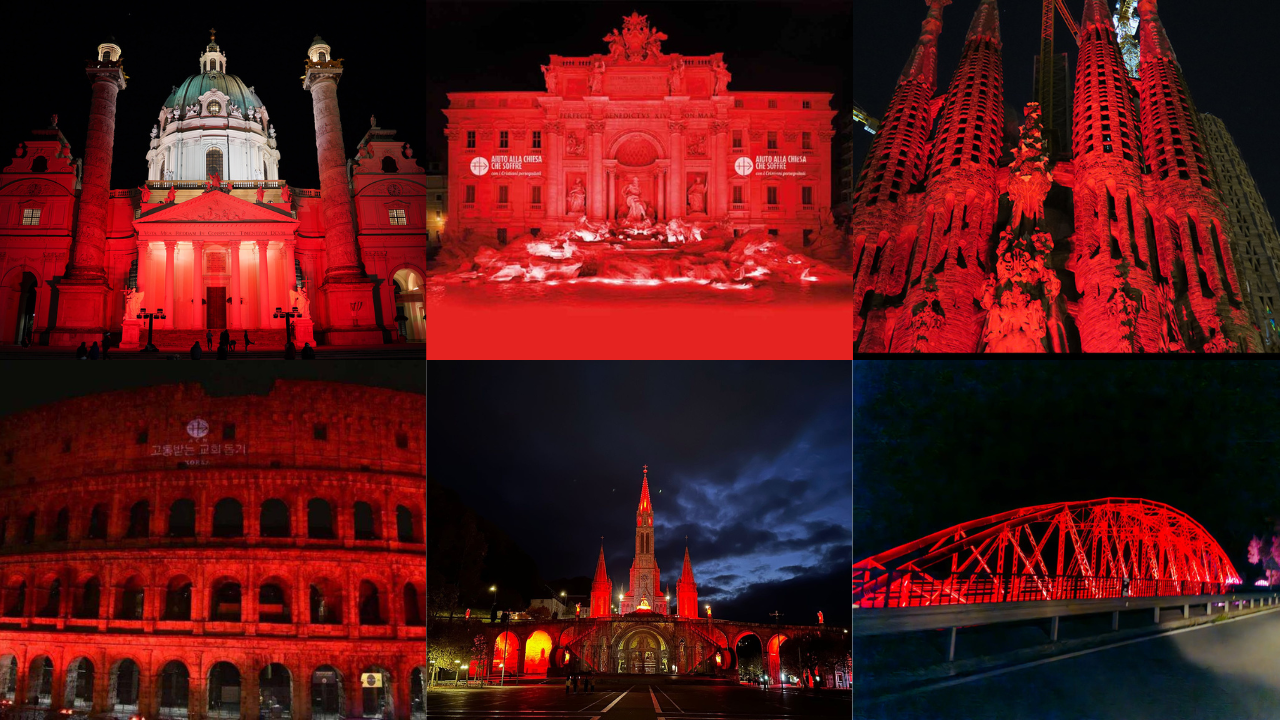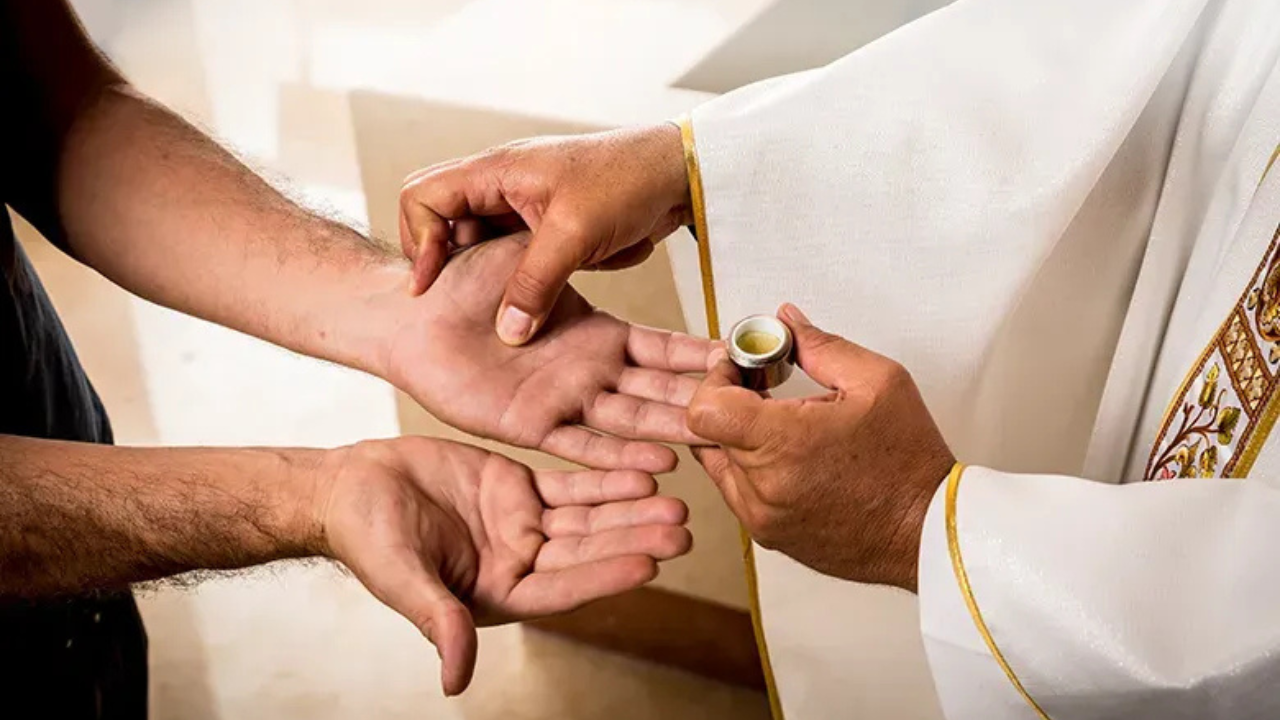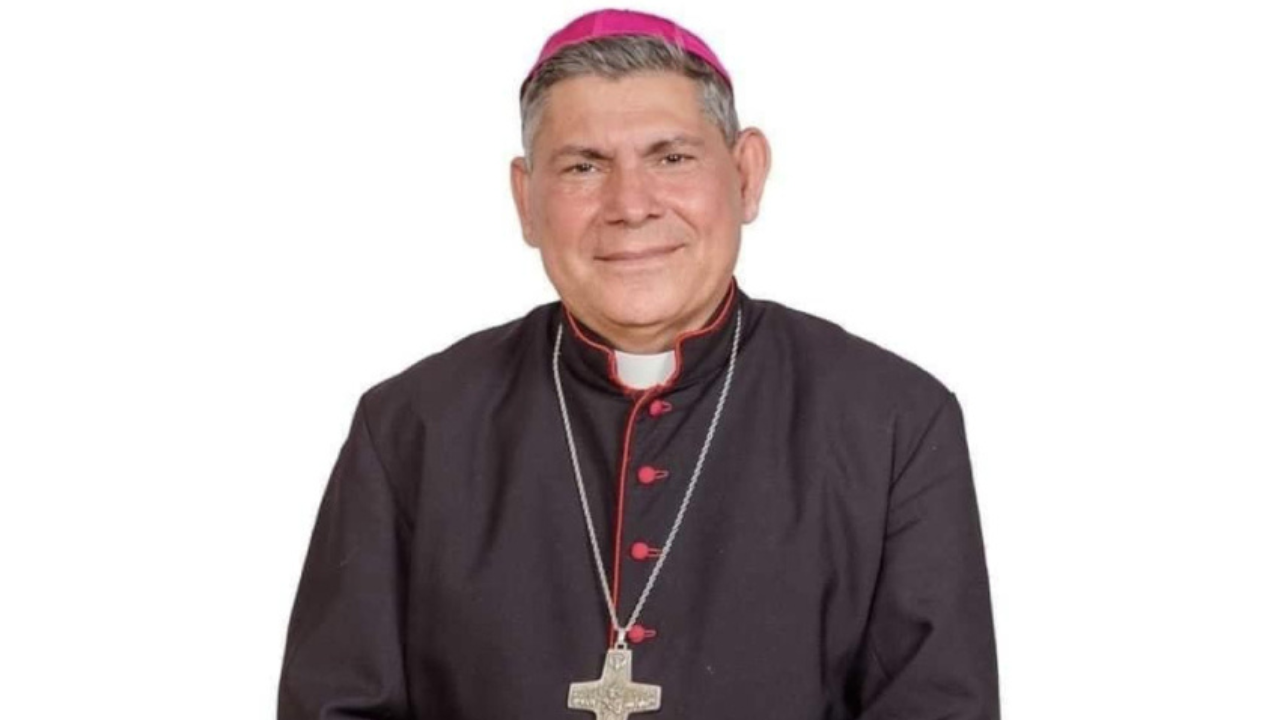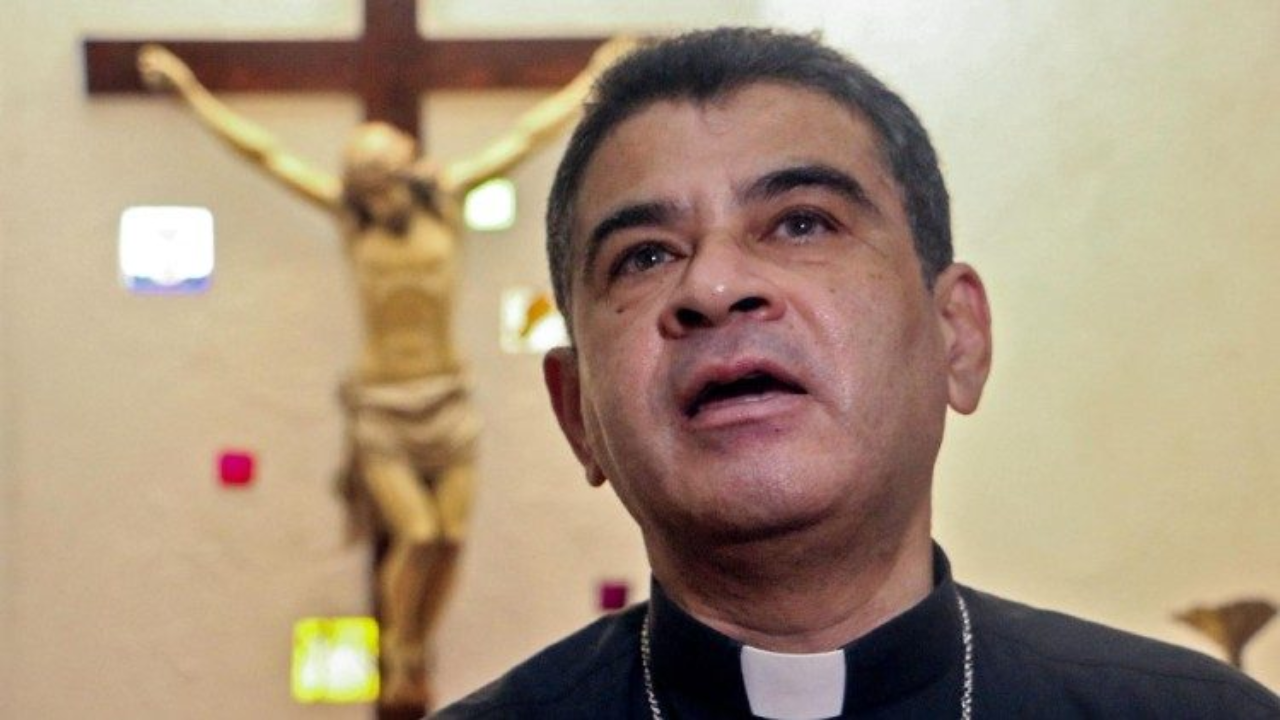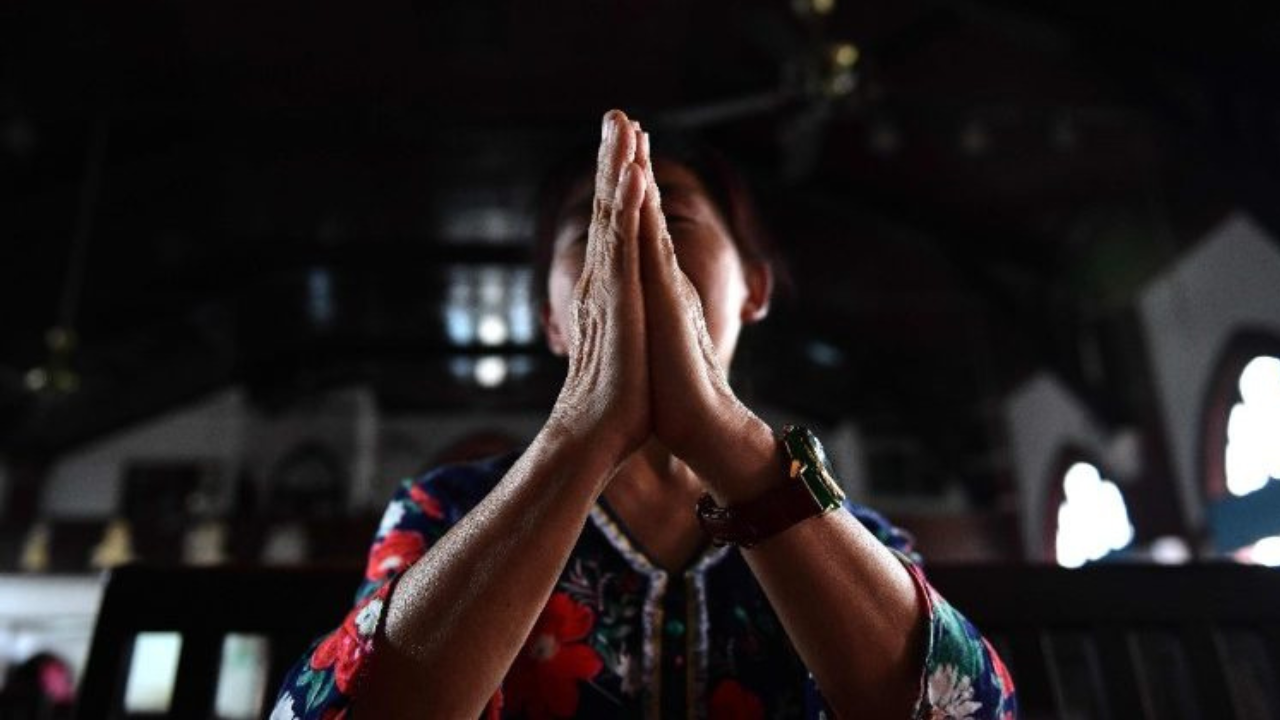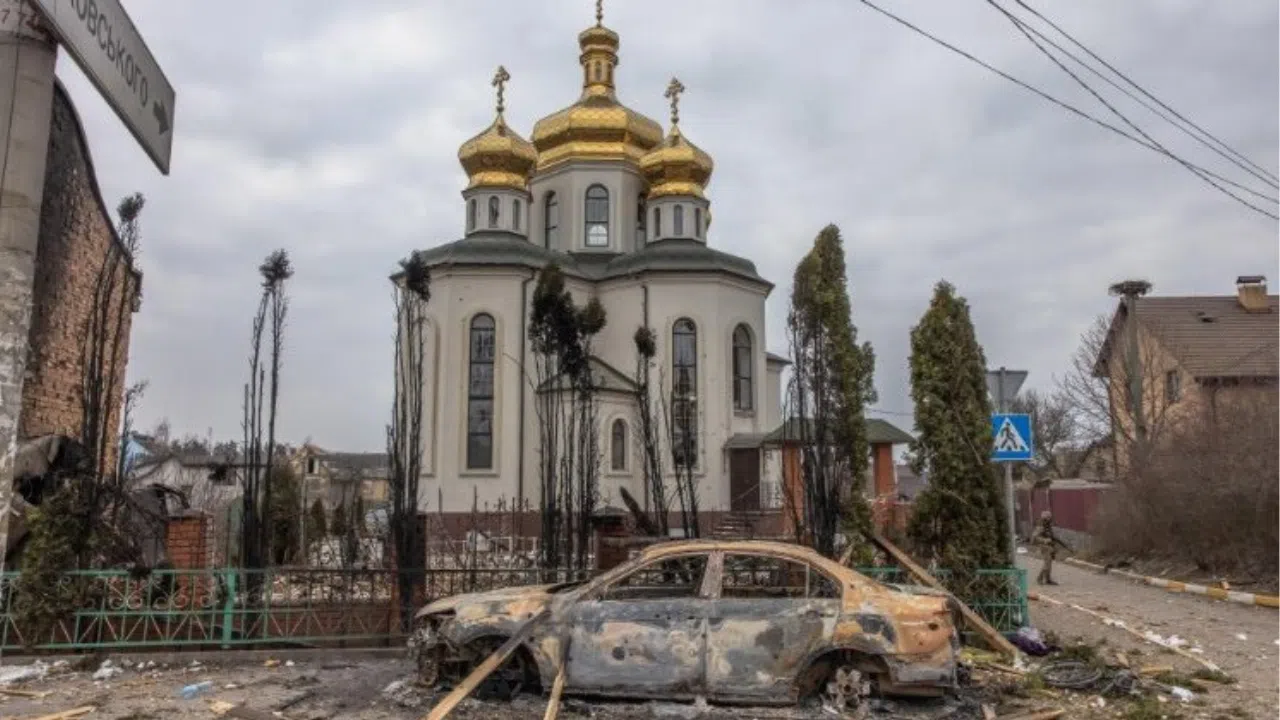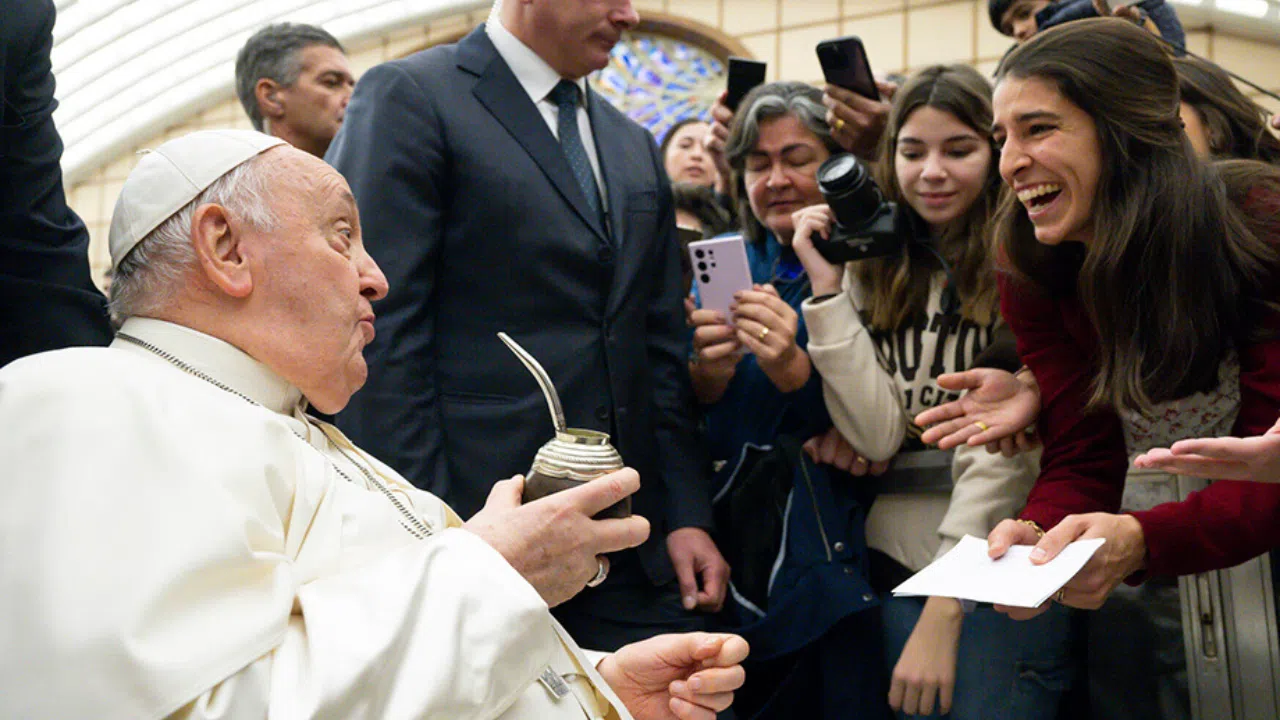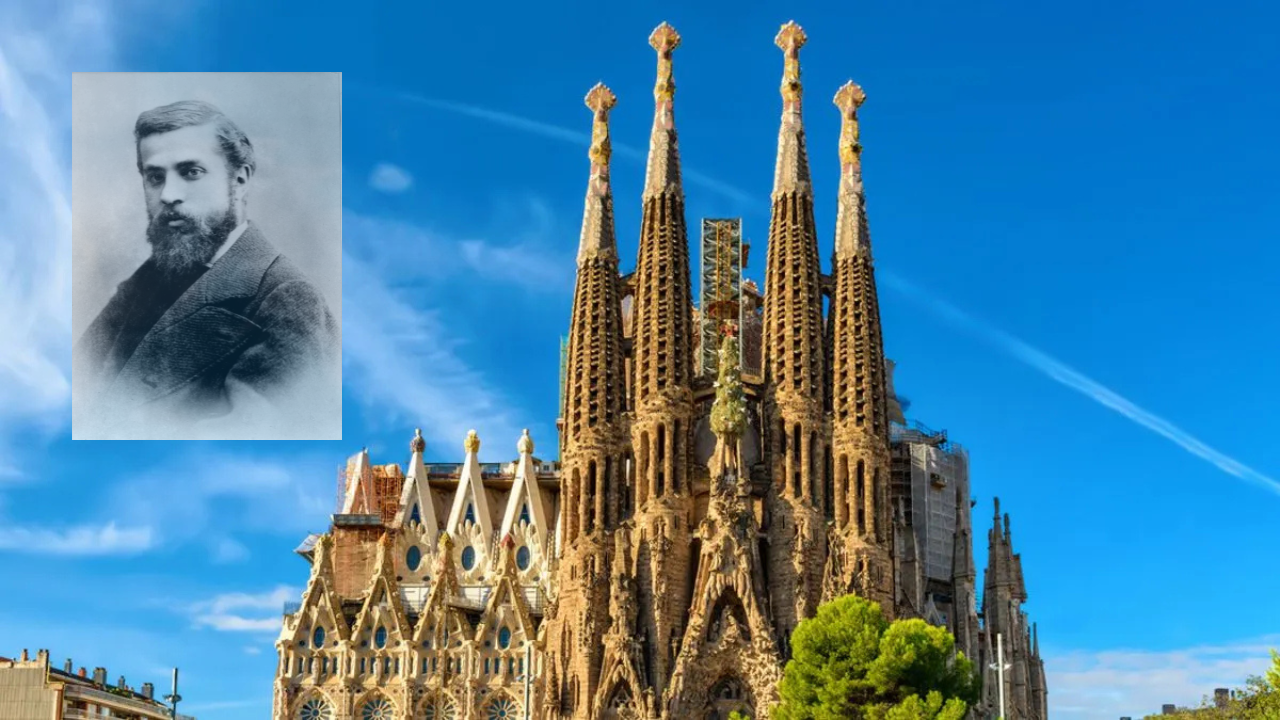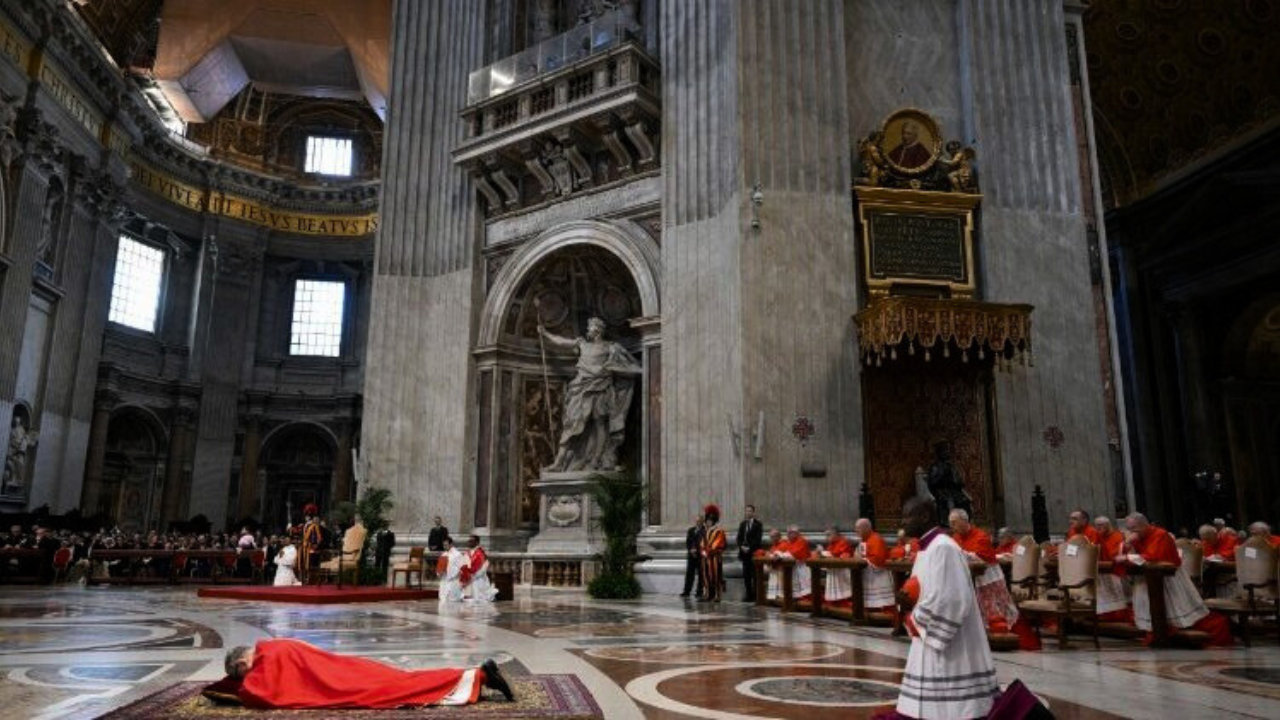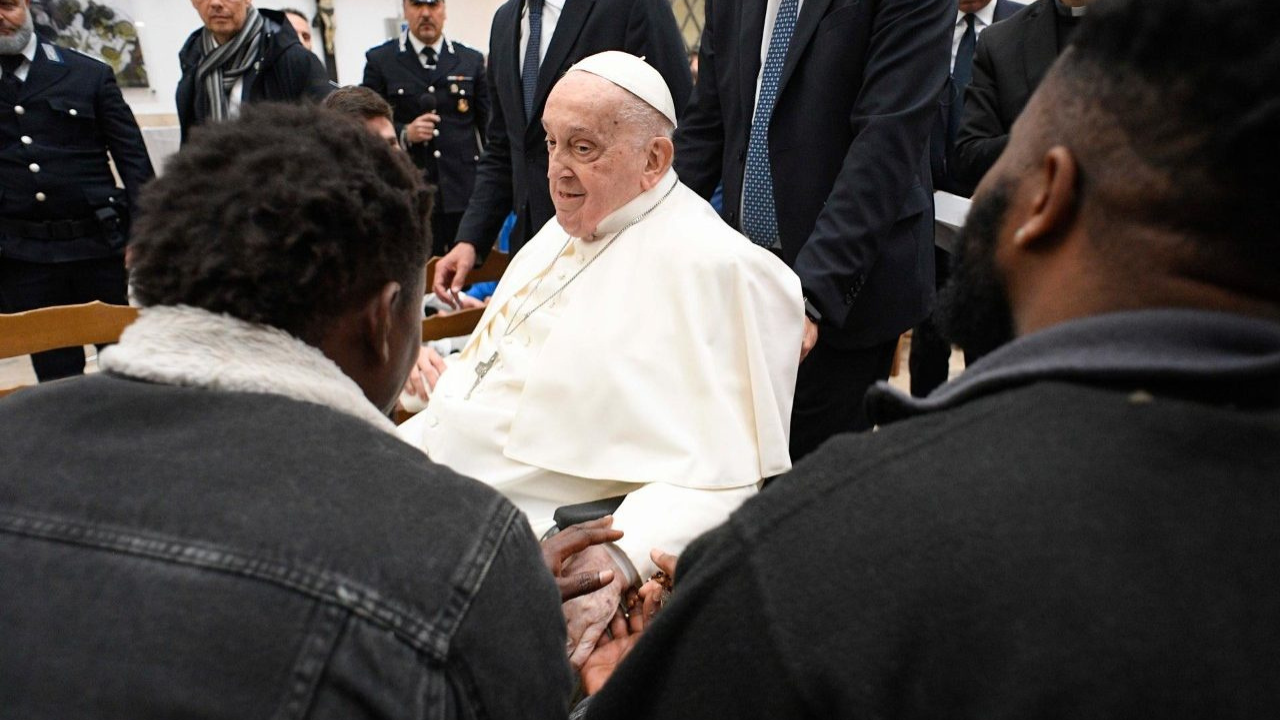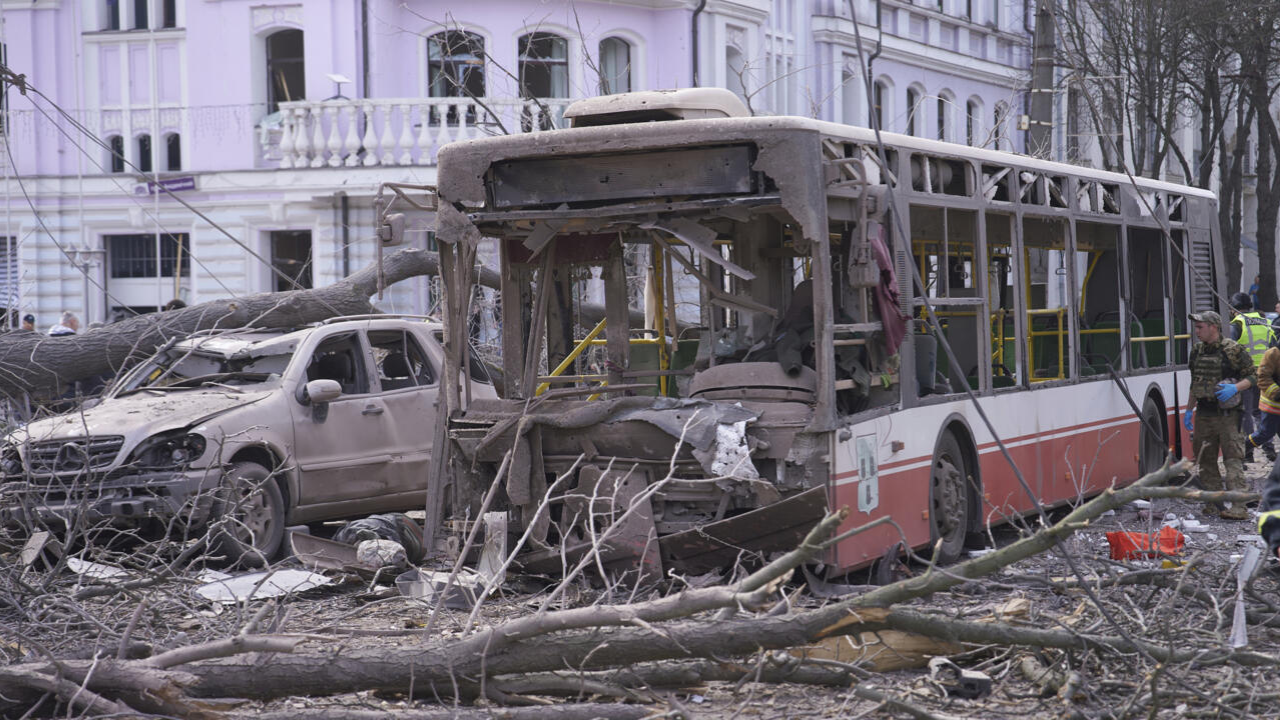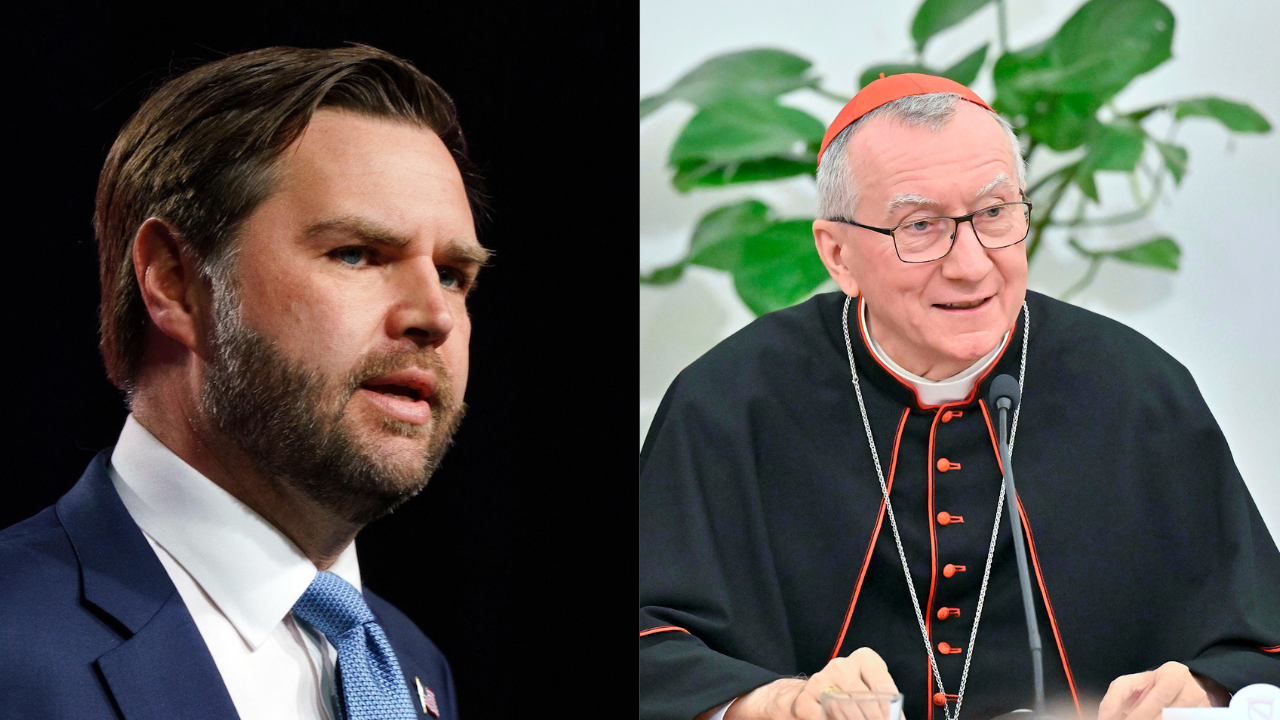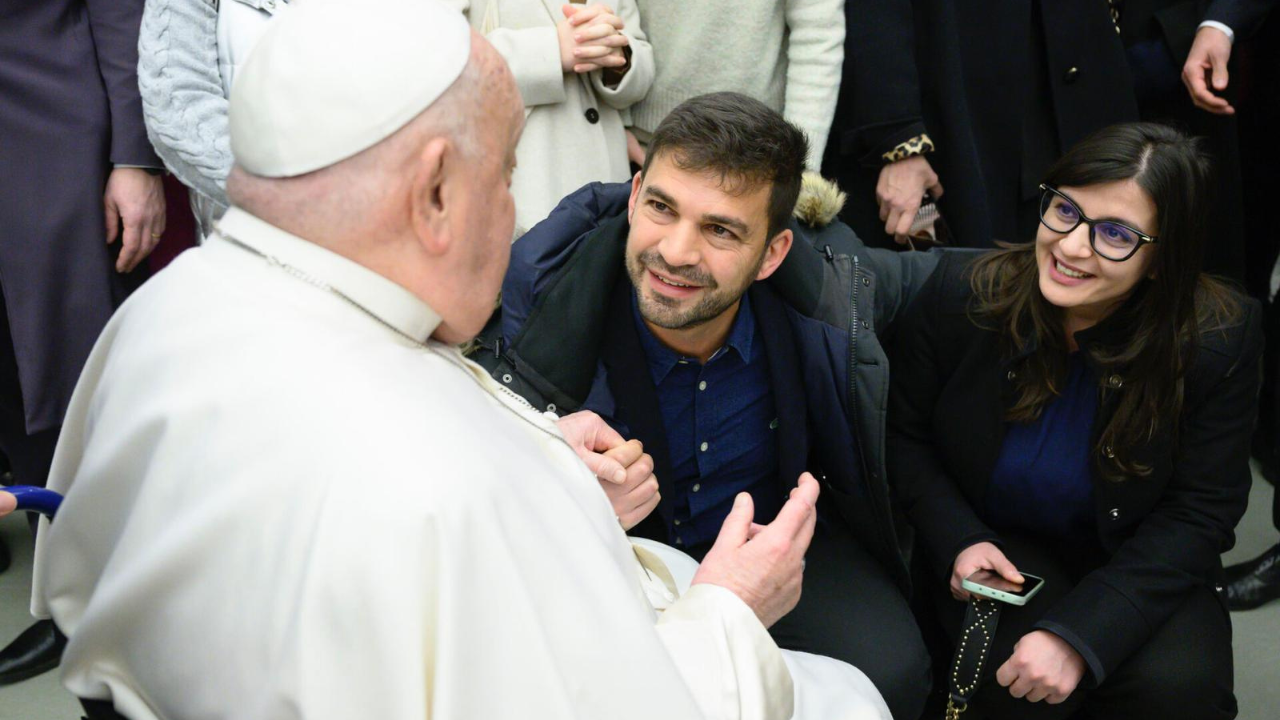The United States defined global religious freedom as a “moral and national security imperative” and promised to “respect and promote this freedom.” This is part of the Executive Order on Advancing International Religious Freedom, signed by President Donald Trump after visiting the St. John Paul II National Shrine on June 2.
The U.S. Ambassador to the Holy See in Rome shared the commitment of their embassy to fulfilling this mission.
CALLISTA GINGRICH
U.S. Ambassador to the Holy See
“This directive will impact our diplomatic relations with foreign governments who have a weak record on religious freedom. Our advocacy for religious freedom abroad will help ensure the protection of Americans at home. When countries protect and promote religious freedom, they are safer, more prosperous and secure.”
The executive order states it will prevent and respond to attacks, hold perpetrators accountable for their actions and improve safety of places of worship around the globe.
CALLISTA GINGRICH
U.S. Ambassador to the Holy See
“When religious freedom prevails, societies thrive. This executive order employs a range of executive tools to help ensure that all faith communities can worship without fear. It increases U.S. Assistance for religious freedom, calls for restrictions on visas and deploys sanctions, where appropriate. These tools will help governments to identify and address religious persecution and violence.”
In addition, all heads of U.S. Agencies with personnel overseas will send action plans to the president by the end of August. These federal employees will also complete religious freedom training every three years, to remain up-to-date.
Furthermore, $50 million will be allocated yearly for programs promoting the freedom to worship, no matter the person's religious affiliations.
U.S. Ambassador, Callista Gingrich affirms this is a cornerstone to their work, which is why she says this Executive Order allows the entire U.S. workforce be better prepared to advance the cause of religious freedom worldwide.
Melissa Butz
